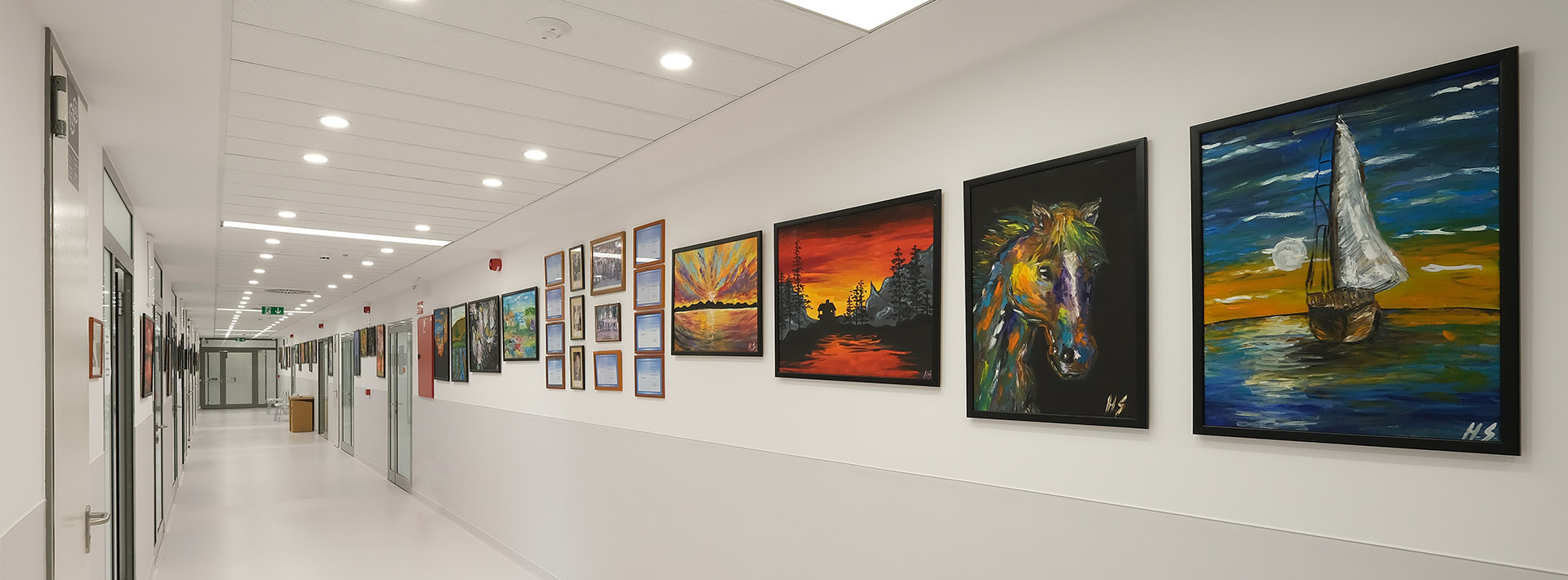Daten
Offizielle Daten in der Fachveröffentlichung für das folgende akademische Jahr: 2023-2024
Lehrbeauftragte/r
-
Dr. Eszter HEGYI
assistant professor,
Institute for Translational Medicine -
Semesterwochenstunden
Vorlesungen: 22
Praktika: 0
Seminare: 0
Insgesamt: 22
Fachangaben
- Kode des Kurses: OAE-TME-T
- 2 kredit
- General Medicine
- Elective modul
- autumn
OAA-EL2-T completed , OAA-NEA-T completed
Zahl der Kursteilnehmer für den Kurs:
min. 5 – max. 300
Erreichbar als Campus-Kurs für 127 fő számára. Campus-karok: ÁOK ETK GYTK TTK
Thematik
"You can be a good scientist without medicine, but you cannot be a good physician without science"
The biggest challenge of modern medicine is the separation of basic and clinical sciences from each other. In most cases the two fields do not understand each other. Consequently, in many cases there are lack of knowledge considering the onset of diseases, the pathomechanisms, also the shortcomings of prevention and our limited interventional, operative and pharmacological treatment options. Despite the excessive fundings of the development of pharmaceuticals, the number of drugs or new interventions used in clinical practise remains almost the same. Clinical research is far behind Basic Science in activity and clinical practice is in opposition to the latest findings of basic research in many countries. Considering all this, it is clear that succesful research is only possible through the co-operation of basic researchers and clinicians, which is Translational Medicine. The main role for Translational Medicine has to be the „interpreteur” for the two fields, by bringing their knowledge and research closer together.
One of the greatest advantages of this system is that the findings of basic research can be used in clinical practice almost immediately, therefore even in the short run the quality of health care can be increased.
This course is produced for those students who completed at least four semester. Who opt for this subject we kindly ask to take it into consideration.
Vorlesungen
- 1. Introduction to Translational Medicine - Dr. Hegyi Péter
- 2. Three pillars of Translational Medicine - Dr. Hegyi Péter
- 3. Measuring scientific performance - Dr. Erőss Bálint Mihály
- 4. Systems and organizations in science - Dr. Erőss Bálint Mihály
- 5. The interdisciplinary core facility in Translational Medicine - Dr. Erőss Bálint Mihály
- 6. From bedside to data management - Dr. Erőss Bálint Mihály
- 7. Clinical questions at the bedside - Dr. Erőss Bálint Mihály
- 8. A comprehensive search in databases - Dr. Erőss Bálint Mihály
- 9. Clinical research methodology I: Meta-analyses I. - Dr. Szakács Zsolt
- 10. Clinical research methodology I: Meta-analyses II. - Dr. Szakács Zsolt
- 11. Clinical research methodology I: Meta-analyses III. - Dr. Szakács Zsolt
- 12. Clinical research methodology I: Meta-analyses IV. - Dr. Szakács Zsolt
- 13. Clinical research methodology II: Analyses from databases I - Dr. Erőss Bálint Mihály
- 14. Clinical research methodology II: Analyses from databases II Statistician's point of view - Borbásné Dr. Farkas Kornélia
- 15. Clinical research methodology III: Clinical trials I - Dr. Erőss Bálint Mihály
- 16. Clinical research methodology III: Clinical trials II - Dr. Erőss Bálint Mihály
- 17. Clinical research methodology III: Clinical trials III - Dr. Erőss Bálint Mihály
- 18. Clinical research methodology III: Clinical trials IV - Dr. Erőss Bálint Mihály
- 19. Clinical research methodology IV: Retrospective data analyses, cross-sectional and cohort studies - Dr. Szakács Zsolt
- 20. Clinical research methodology IV: Clinical pharmacological trials - Dr. Szakács Zsolt
- 21. Assessment of the evidence (EBM, GRADE) - Dr. Erőss Bálint Mihály
- 22. Practicing EBM in the daily routine - Dr. Erőss Bálint Mihály
Praktika
Seminare
Materialien zum Aneignen des Lehrstoffes
Obligatorische Literatur
-
Vom Institut veröffentlichter Lehrstoff
-
Skript
-
Empfohlene Literatur
-
Voraussetzung zum Absolvieren des Semesters
Maximum of 15 % absence allowed
Semesteranforderungen
At the end of the course students need to pass a written test-exam.
Möglichkeiten zur Nachholung der Fehlzeiten
There is no possibility for replacement of absence.
Prüfungsfragen
Exam topics are based on lectures.
